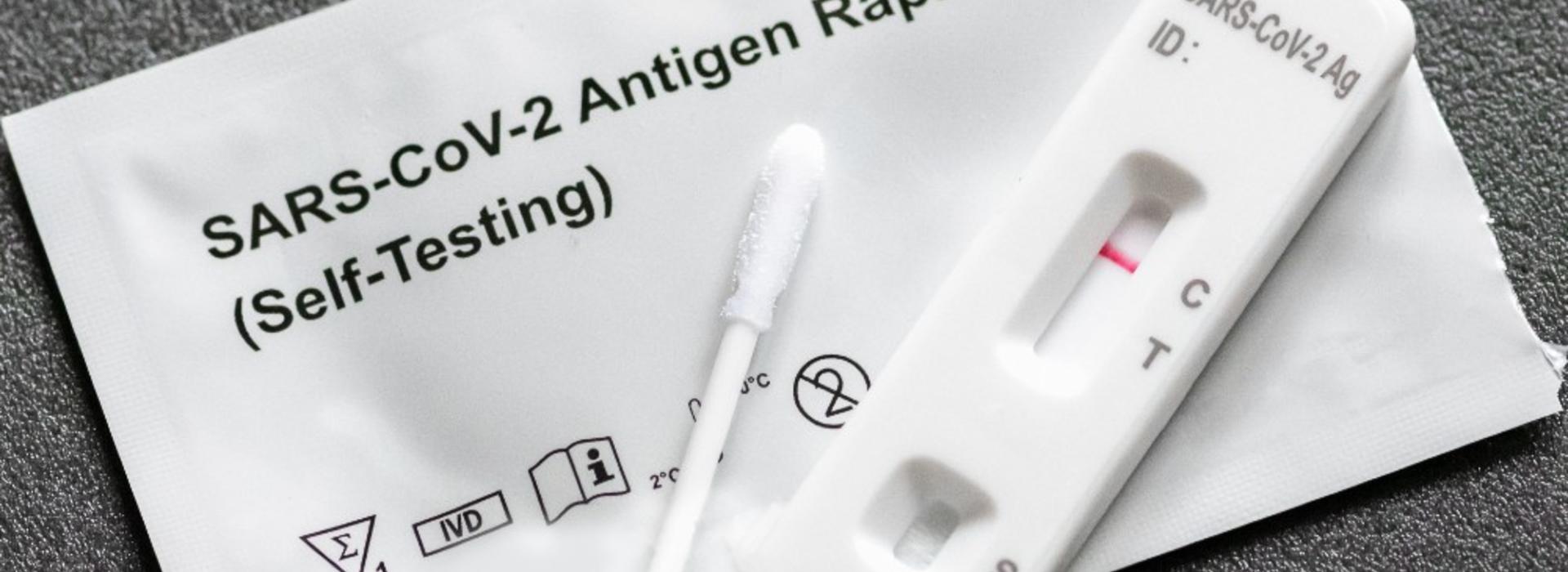
Endoscopy COVID-19 testing requirements disproportionately impact medically underserved communities
MINNEAPOLIS/ST. PAUL (09/22/2022) — Published in Gastroenterology, a peer-reviewed commentary by University of Minnesota Medical School researchers found that medically underserved people (Black, American Indian/Alaska Native or Hispanic) are three times more likely to cancel their endoscopy related to issues with COVID-19 testing requirements.
“While well-intentioned, additional requirements for care often create barriers that are not equal across race,” said Elizabeth Aby, a University of Minnesota Medical School fellow.
The research team examined all consecutive canceled outpatient endoscopic procedures between March 1 and September 7, 2021, at the University of Minnesota Medical Center.
While the cancellation reasons for endoscopy are documented routinely, additional information on the specific barriers that led to the disparity were not available. Researchers believe multiple factors likely contributed including patient-, provider- and system-level factors. These barriers can lead to delays in diagnosis and management of gastrointestinal illnesses. It also has the potential to lead to higher rates of cancer-related morbidity and death.
The research team concluded that healthcare systems should consider how additional testing requirements specifically impact medically underserved communities. They also say it’s important to recognize that pre-procedure testing may introduce an additional barrier to care and has the potential to introduce or widen existing disparities. If a health system chooses to continue COVID-19 testing, researchers suggest mailing test kits to patients several weeks before the procedure or offering rapid testing.
###
About the University of Minnesota Medical School
The University of Minnesota Medical School is at the forefront of learning and discovery, transforming medical care and educating the next generation of physicians. Our graduates and faculty produce high-impact biomedical research and advance the practice of medicine. We acknowledge that the U of M Medical School, both the Twin Cities campus and Duluth campus, is located on traditional, ancestral and contemporary lands of the Dakota and the Ojibwe, and scores of other Indigenous people, and we affirm our commitment to tribal communities and their sovereignty as we seek to improve and strengthen our relations with tribal nations. For more information about the U of M Medical School, please visit med.umn.edu.